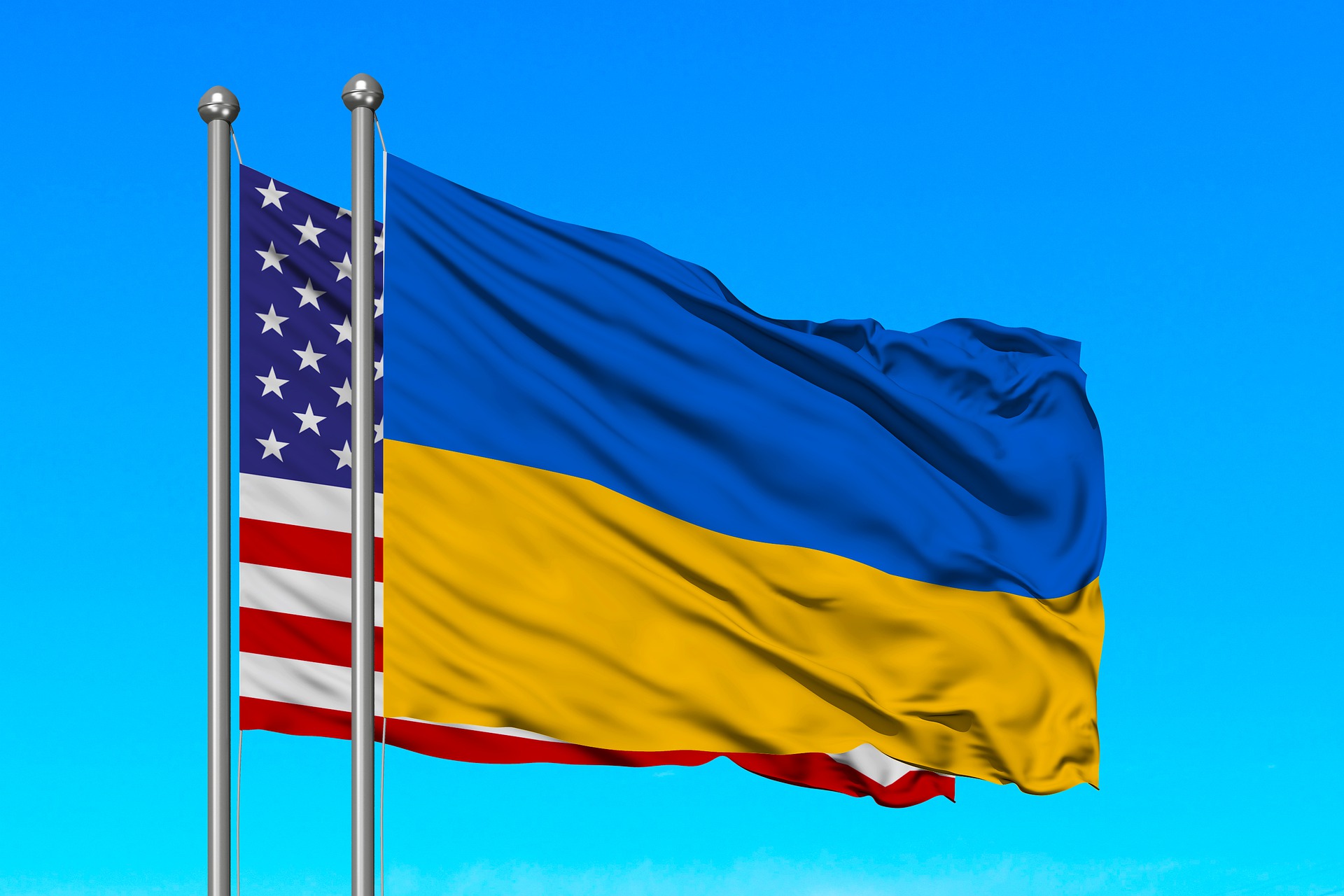In this blog post, we breakdown the Biden administration’s new Humanitarian Parole program, known as “Uniting for Ukraine,” a new initiative that will allow up to 100,000 Ukrainian nationals displaced by the Russian invasion to live and work in the United States for a period of up to 2 years.
Who is eligible for Uniting for Ukraine?
Ukrainian citizens and their immediate family members who are outside the United States may remain temporarily for a two-year period of parole.
You are not eligible for humanitarian parole under the Uniting for Ukraine program if you are currently physically present in the United States, however you may be eligible to receive Temporary Protected Status instead.
Additionally, children traveling without their parent or legal guardian are not eligible for humanitarian parole under Uniting for Ukraine.
Ukrainians participating in Uniting for Ukraine must have a “supporter,” in the United States who agrees to provide them with financial support for the duration of their stay in the United States. U.S. Supporters are required to file a Form I-134 Declaration of Financial Support with USCIS online, which states that they agree to financial support the Ukrainian national in the United States, also known as the “beneficiary.” There is no fee to file Form I-134 online.
Beneficiaries are eligible for humanitarian parole if they:
- Resided in Ukraine immediately prior to the Russian invasion (through Feb. 11, 2022) and were displaced as a result of the invasion;
- Are a Ukrainian citizen and possess a valid Ukrainian passport (or are a child included on a parent’s passport);
- If not a Ukrainian citizen, are an immediate family member of a Ukrainian citizen beneficiary of Uniting for Ukraine with a valid passport;
- Have a supporter who filed a Form I-134 on their behalf that has been vetted and confirmed as sufficient by USCIS; and
- Clear biographic and biometric security checks;
- Note: To be eligible for this process, children under the age of 18 must be traveling to the United States in the care and custody of their parent or legal guardian.
The supporter must complete and file Form I-134 online with USCIS and be vetted by the U.S. government to protect against exploitation and abuse, and ensure that they are able to financially support the Ukrainians they are agreeing to support.
Who is eligible to be a supporter under Uniting for Ukraine?
Individuals who file Form I-134 on behalf of a beneficiary under Uniting for Ukraine must be:
- in lawful status in the United States or
- a parolee or
- beneficiary of deferred action or
- Deferred Enforced Departure (DED)
 Visa Lawyer Blog
Visa Lawyer Blog






